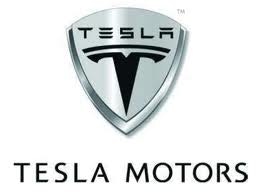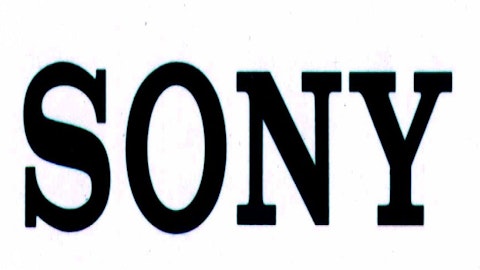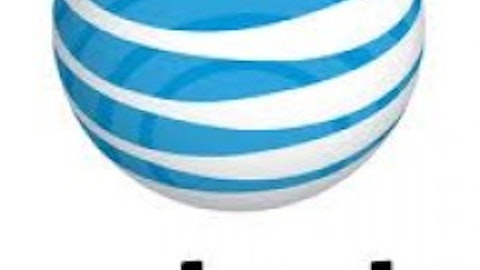
The Establishment
While not competing for worldwide dominance (yet), Tesla is a newcomer to an industry defined by incredibly large, slow moving organizations. To understand and value the level of innovation Tesla is bringing to the market, we must first establish an appreciation for the stodginess of the status quo.
A lot has changed in the auto industry in the last 5 years. The stodgy, bureaucratic, and arguably complacent US manufacturers—General Motors Company (NYSE:GM), Ford Motor Company (NYSE:F), and Chrysler Group LLC—were jolted to life in the 2008 credit crisis and subsequent Great Recession. Their turmoil has been well-documented—from the controversial (and successful) private equity style government intervention at GM, to the bankruptcy of Chrysler, to Ford mortgaging the company to stay in business, to the eventual rebound and recovery following “Cash for Clunkers.”
Foreign manufacturers felt similar pains but for different reasons. Unprecedented product recalls at Toyota Motor Corporation (ADR) (NYSE:TM) tarnished what was the gold standard of manufacturing. Followed shortly thereafter by significant supply chain issues in the wake of the massive earthquake, tidal wave, and Fukushima nuclear disaster in March of 2011. But just like the Americans, Toyota eventually regained its footing.

After recovering from such constant turmoil, the big auto manufacturers would likely prefer a few years of steady growth and “business as usual”. Their stocks have recovered, revenue has rebounded, and the three largest manufacturers by market share are all back to profitability.

Product lines have been refreshed, but the results fall well short of revolutionary. Certainly a modern Ford Fusion has better fuel efficiency than equivalent models did in 2008, but touting voice controlled Bluetooth (ala Siri) as an innovation is a bit of a stretch. Higher end brands such as BMW, Audi, and Mercedes are doing a better job at product innovation than the big players, but due to consolidations and industry economics, these high end brands are more often than not divisions of much larger, stodgy corporations that share parts, technology, and oftentimes management.
And even still, the innovations in the luxury brands are more like improvements around the edges, not serious attempts to reinvent the game.
The market is changing, consumer expectations and demands have been elevated, and the big manufacturers are under attack once again. Not from external forces, but from truly revolutionary products made by modern, technology driven companies, most notably Tesla.
To be clear, it will be a long time before Tesla Motors Inc (NASDAQ:TSLA) challenges Ford, GM, or Toyota for a position at the top of the worldwide or even US market share chart. Tesla is a niche player with a revolutionary product demonstrating what is possible with today’s clean energy technology. The success of an investment in Tesla today will not be determined by overall global market share, per se—it will be determined by continued product innovation, continued market acceptance measured by steady revenue growth, and continued leadership in the technologies that make the Model S so revolutionary.




